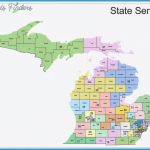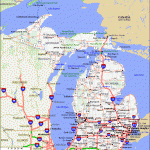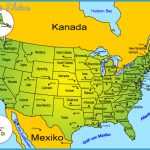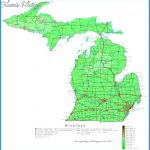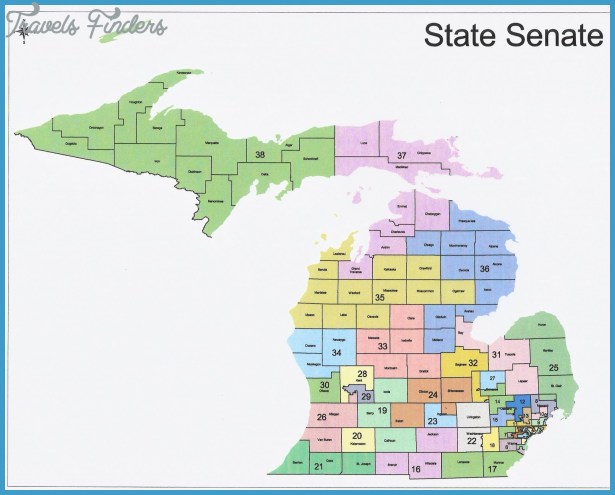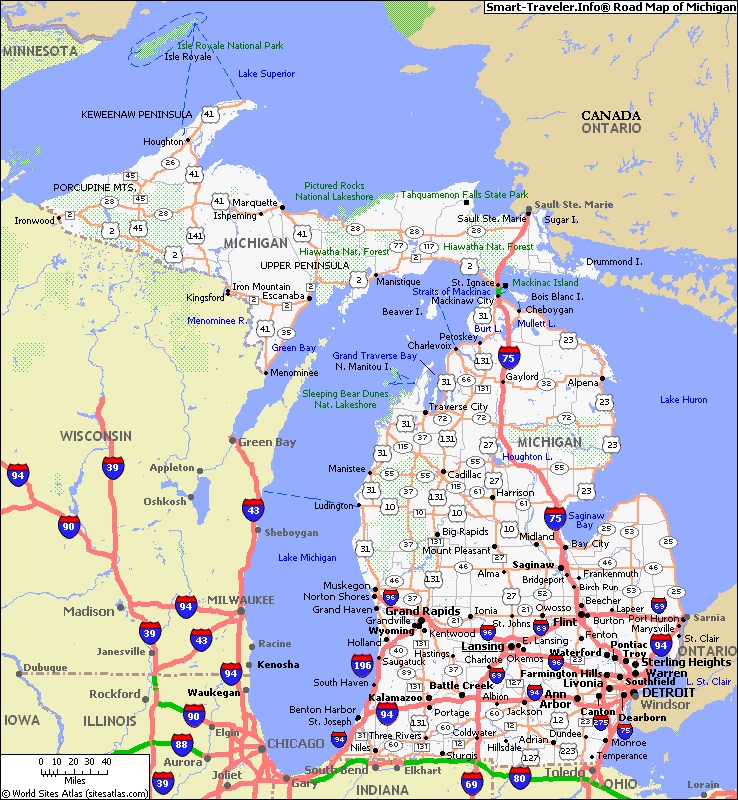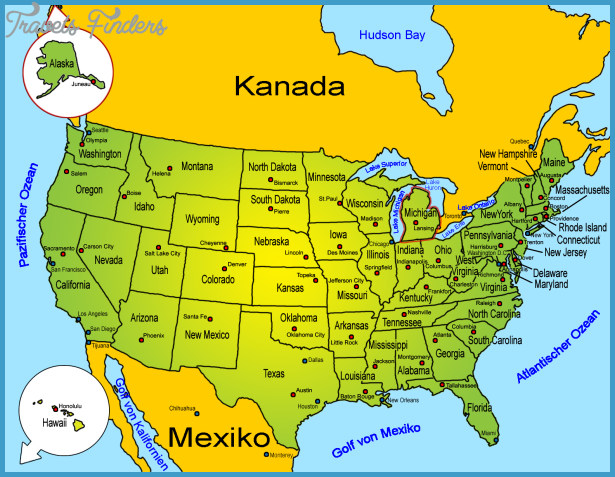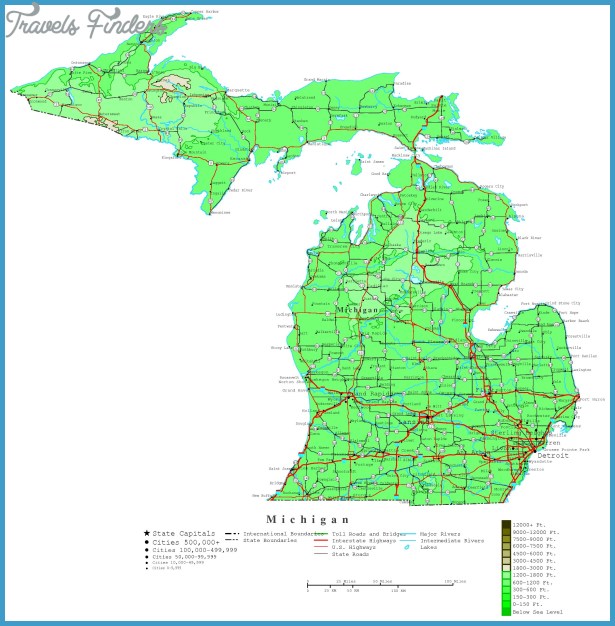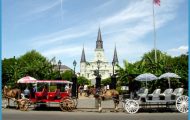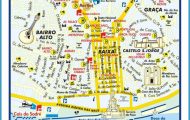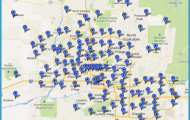Michigan chronology
1846 Michigan senator Lewis Cass makes a speech before the Senate supporting the war against Mexico.
1876 Jose Celso Barbosa, the first Puerto Rican and the first Puerto Rican with African ancestry to study medicine in the United States, enrolls at the University of Michigan.
1897 Federal and state subsidies lead to the creation of Michigan’s beet sugar industry, which would later employ thousands of Mexicans and Mexican Americans.
1915 First trainloads of Mexican-origin workers recruited to work in Michigan’s beet fields.
1920-1921 The Mexican consulate helps to repatriate 1,500 Mexican citizens who were left unemployed by the cancellation of the beet harvest and by layoffs at automobile plants.
1926 The Comision Honorifica Mexicana in Detroit begins to organize Cinco de Mayo and Independence Day festivals regularly.
1930-1933 Repatriation campaigns remove thousands of Mexicans and many Mexican Americans from Michigan.
1932 Mexican artists Diego Rivera and Frida Kahlo move to Detroit to work on murals at the Detroit Institute of Art which were commissioned by industrialist Edsel Ford.
1935 Blissfield beet workers, including both European and Mexican American migrants, go on strike for decent wages.
1942-1964 The Bracero program brings thousands of Mexican workers to the state.
1946 American Legion Post 505 is founded in Detroit by Mexican American veterans.
1947 Construction begins on the Lodge Expressway in Detroit, displacing Latino businesses and residents.
1950 Some 5,300 Puerto Ricans are airlifted to Michigan to harvest beet.
1952 Operation Wetback starts roundups of undocumented workers in Michigan.
1965 Michigan Migrant Opportunity Program is founded with a federal antipoverty grant.
1967 The March for Migrants goes from Saginaw to Lansing.
1968 The Cristo Rey Community Center is founded in Lansing to provide educational and social services as well as antipoverty programs to Latinos and other low-income residents.
1969 Latin Americans for Social and Economic Development, a community agency providing services to Latinos, is founded in Detroit.
1971-1972 Student protests and community activism create the Chicano-Boricua Studies program at Wayne State University.
1974 Michigan legislature recognizes the right to bilingual and bicultural education in the state.
1981 La Casa de la Unidad, a Latino arts organization, is founded in Detroit.
1984 The Latina/o Studies program is created at the University of Michigan.
1989 The Mexicantown Redevelopment Project is created in Detroit to promote alternatives to traditional urban renewal. The Julian Samora Research Institute is founded at Michigan State University.
1993 El Vocero Hispano (The Hispanic Voice) starts to be published in Grand Rapids.
2003 Ground is broken at Detroit’s Mexicantown International Welcome Center and Mercado.
2006 Immigrant rights rallies mobilize 30,000 marchers in Detroit and 10,000 in Grand Rapids.

